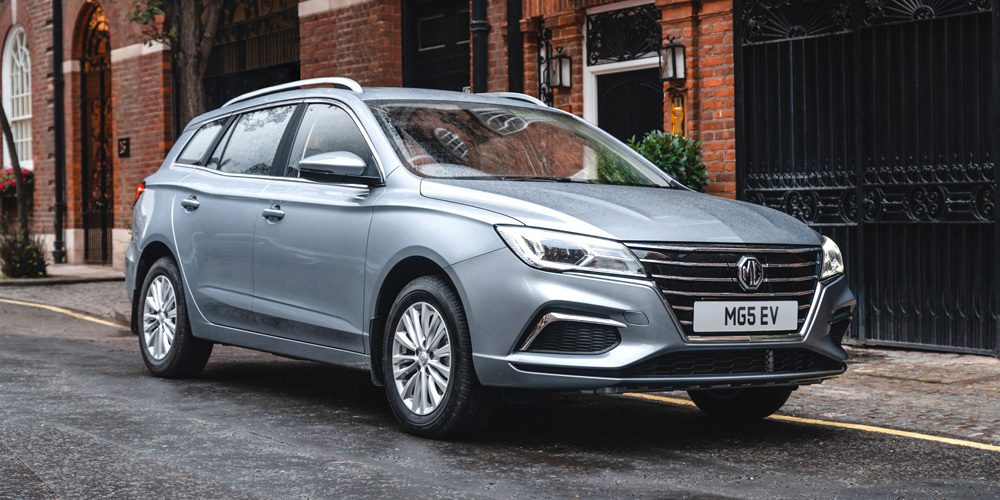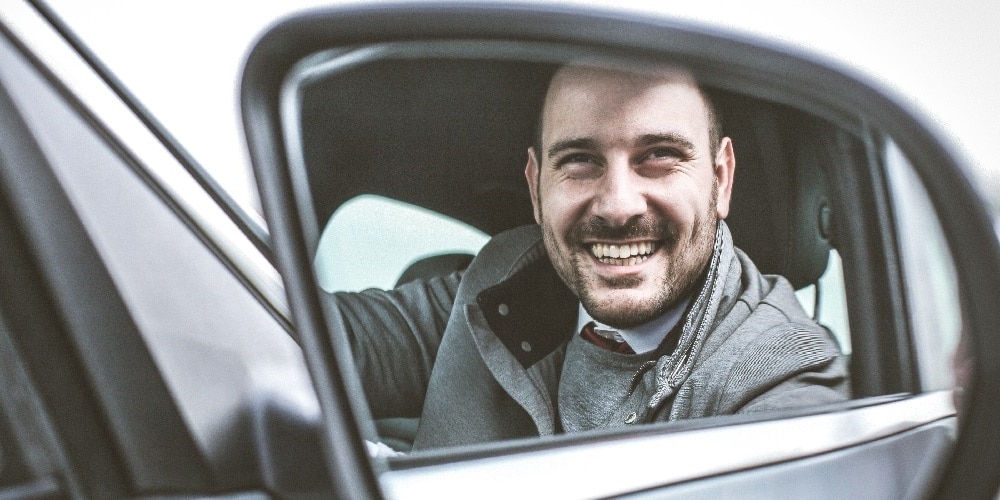If you’re worried about fuel costs, want to minimize the environmental impact of driving or both, you’re probably wondering what are the easiest things you can do that will reduce fuel consumption.
Did you know? Fuel consumption rates and carbon emissions are growing at alarming rates. Since 1970, the world’s fuel consumption has more than doubled.
Small changes to the way you drive, as well as a bit more care for your car and how you use it are the main things that will visibly reduce fuel consumption. Especially as an Uber driver on the busy streets of London, it will save you money and time otherwise spent taking more rides.
The safest bet is to drive an electric car. But if your current choice is petrol or diesel, here are a few easy tips to improve the car’s fuel efficiency and maximise how much Uber drivers make.
1. Regular car maintenance
You don’t necessarily need to go to a car service to keep your car healthy, you can actually do regular check-ups yourself that will help you reducing fuel consumption as well.
Change the engine oil
A healthy engine is also the most cost-effective engine. Check and change your engine oil regularly, to increase fuel economy.
Check tyre pressure
If your tyres are not properly inflated, it will lead to more rolling resistance, therefore more fuel burn. Check the pressure in your tyres at least once a month.
Change the engine air filters
Remember to keep your air filters clean and change them at least as often as mentioned in your car manual. This will prevent your engine from choking and it will reduce fuel consumption.
2. Driving style and behaviour
Your driving style contributes a lot to your fuel consumption and a few small changes can make a big difference in your pocket.
Accelerate progressively, not aggressively
When you accelerate very quickly, it makes your engine not only work overtime, but burn a lot more fuel. Your engine uses less fuel when it’s revolving slower, so what will reduce fuel consumption is using the acceleration pedal gently at all times.
Brake gently
When you slam your brakes, you also prepare to accelerate again, which increases fuel consumption. Keep a safe distance from the car in front of you and push that brake slowly.
Drive in the correct gear
This is one of the biggest reasons for high fuel consumption, especially in crowded urban areas, like London. Driving in the highest possible gear when appropriate, while keeping the speed limit will massively reduce how much fuel your car consumes, because your engine will go through fewer revolutions per minute (RPM) each time.
Drive at a slower speed
Driving slow could save between 12-14% on fuel. It’s a lot safer too, because you have time to anticipate and better observe the environment around you. As an Uber driver in London, this should be easy to do.
Smooth and preventive driving is one of the best ways to massively reduce fuel consumption and save money.

Turn off your engine when idle
Turn off your engine while you’re waiting for your passengers for more than a minute or two, or while you’re stuck at railroad crossings or in heavy traffic congestion. This could help save up to 19% on fuel, and helps prevent premature wear on your engine.
Excessive idling also results in incomplete combustion and lubrication, which burns oil and leaves fuel residue on cylinder walls, spark plugs, and the exhaust system. This leads to premature wear and gumming, which further affects your car’s fuel efficiency.
Reduce the weight
One of the easiest things to do to reduce fuel consumption is to make your car as light as possible by getting rid of any unnecessary items. To give you an idea, every extra 50kg your car puts on increases fuel consumption by 2%.
Do one round trip rather than several short trips
This is a great tip especially if you’re an Uber driver. Once the engine is warm, it will run most efficiently, instead of repeatedly going through cold starts. Consider combining journeys to save both fuel and money.
Take the most fuel-efficient route
Especially during rush hour, stop-start traffic puts a lot of strain on your engine and, as a result, increases fuel consumption. Use driver apps to choose the best route for your pick-ups and destinations, depending on the current traffic conditions.
The clutch is also a common victim of stop-start traffic, so avoiding rush-hour congestion will also save a lot of money on your maintenance bills.
3. Using your AC wisely
The air conditioning system in your car is driven by the engine, so whenever you turn it on, your fuel consumption will increase. But if you use it wisely, you can reduce the amount of fuel it needs to keep you and your passengers cool. Here are some ideas:
Keep your windows down when driving at low speeds
When you’re driving at 50mph or less, turn off the AC and open the windows to cool down. However, when you’re on the motorway driving at high speeds, use the AC instead. In this case, it’s more economical, because open windows create more drag and thus increase the load on your engine.
Park in the shade
Try to find a parking spot outside of direct sunlight, whether it’s covered parking or just the shade of a tree or a building. It’s not only easier to cool down a car that’s not steaming hot to begin with, but the paint, the seats, and the plastic trim will age better too.
Ventilate your car before turning on the AC
Drive with the windows down for a short time before using the AC. Letting hot air out of the car first will help your vehicle cool faster, put less demand on your AC system, and that means less fuel consumption.
Start it in low and use the recirculation mode
Most automatic AC systems start slow and increase the fan speed gradually until the car reaches the set temperature. You should try to mimic that if you have a manual system, as it’s better for both your passengers and your car. Once the temperature is at a comfortable level, find the lowest fan speed necessary to keep it there.
Get in the habit of checking the air recirculation button every time you start the AC. It shuts out the hot air and eases the load on your AC, meaning a more pleasant ride, less fuel consumption, and longer compressor life.
Turn on your AC occasionally, even during the cold season
Using your air conditioning regularly may add a few pence to your fuel cost, but it will save you hundreds of pounds on maintenance. If you let it sit for too long it may start leaking refrigerant and lose efficiency, or in the worst case, stop working completely.
Start your AC even in the cold season, at least for ten minutes every other week or so. By doing so, move the oil-refrigerant mixture around the system, helping keep the compressor, the coils, and the gaskets in good condition.
TIP: The AC is your best friend when defogging your car in winter.
First, turn the heat on its maximum setting while your windows clear up, because hot air can hold more moisture. Then, turn the AC on, which will pull the moisture from the air. As the AC drains out the condensed water instead of evaporating the same moisture every time the car warms up, this will also help prevent mold and mildew problems down the road.
About Splend
We’re PCO car specialists enabling on-demand drivers to make money by driving. Our vision is a future where every on-demand driver can be successful.
We can set you up with a brand-new or new-model car, and provide the training and support you need to become a more profitable, safer, and fulfilled driver. Don’t take our word for it — Uber drivers rate us excellent on Trustpilot.
Make an appointment at our London Hub at 393 Edgware Road Cricklewood, London, email us, or say hello on 0333 016 4331


![How to Become a Uber Driver [Complete Guide] | Splend](https://www.splend.co.uk/wp-content/uploads/2020/02/how-to-become-an-uber-driver-in-london-2.jpg)

